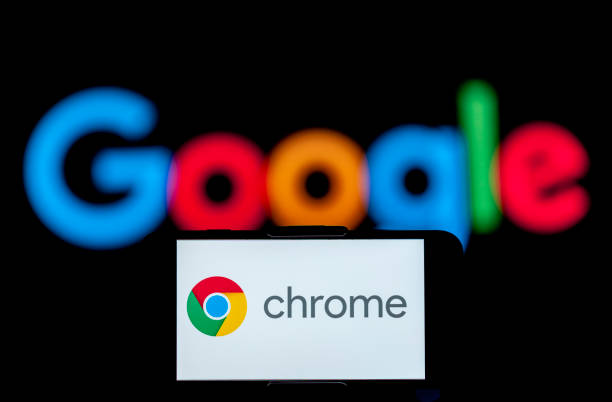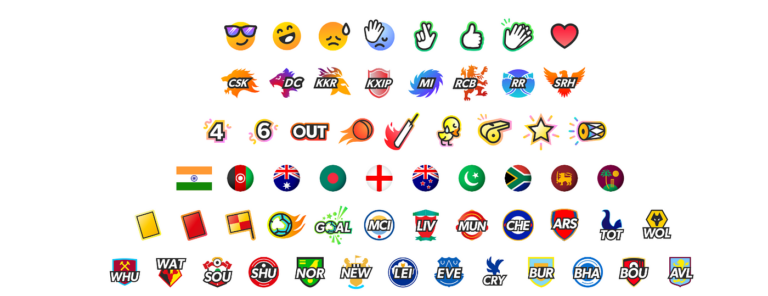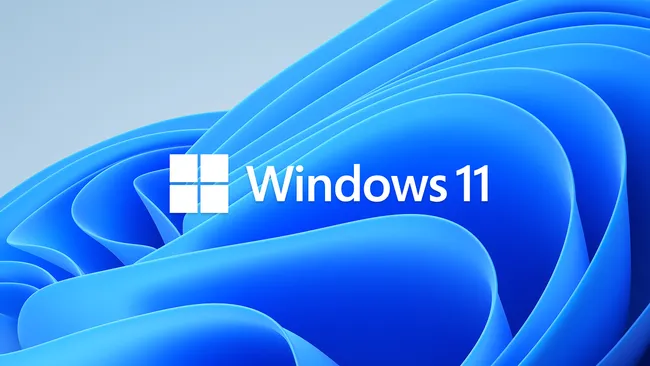U.S. Justice Department Pushes Google to Sell Chrome Browser

The U.S. Department of Justice (DoJ) has taken a bold step by recommending that Google, a subsidiary of Alphabet Inc., divest its Chrome browser to curb its dominance in the digital ecosystem. This comes in the wake of a federal judge’s August ruling, which found Google guilty of illegally monopolizing the search and online advertising markets.
Government’s Position
Antitrust officials argue that Chrome, controlling 61% of the U.S. browser market, serves as a key tool for Google to maintain its hold over online searches and digital advertising. According to sources close to the case, owning Chrome allows Google to collect extensive user data, which it leverages to target ads and promote products such as its AI platform Gemini.
Assistant Attorney General Jonathan Kanter, head of the DoJ’s antitrust division, stated, “This case is about ensuring fair competition in a market that has been dominated by one player for far too long. Selling Chrome would be a crucial step toward leveling the playing field.”
Google’s Response
Google has fiercely opposed the move, describing it as overly intrusive. Lee-Anne Mulholland, Google’s Vice President of Regulatory Affairs, said, “The Justice Department’s radical proposals would not only harm consumers but also stifle innovation at a time when U.S. technological leadership is most needed.” She emphasized that Google has consistently delivered free and high-quality services to users worldwide.
Industry Perspectives
Critics of the proposal suggest that breaking up Google may have unintended consequences. Andrew Whiteside, a tech industry analyst, commented, “Forcing a sale of Chrome could disrupt the browser market, but it’s unclear whether it would lead to genuine competition or just create new monopolies.”
However, consumer advocates, such as Rachel Kaye from the Digital Fairness Alliance, welcomed the move. She noted, “This is a long-overdue intervention. Google’s dominance stifles innovation and limits choice for consumers.”
Broader Implications
This antitrust effort is the most significant since the U.S. government’s case against Microsoft in the late 1990s. Observers believe the case’s outcome could redefine how tech giants operate. Judge Amit Mehta is set to review the Justice Department’s recommendations in a hearing scheduled for April 2025.
If implemented, the sale of Chrome and other proposed measures could reshape the digital landscape, creating opportunities for emerging players in the online search and advertising markets. However, the road ahead is uncertain, with Google planning to appeal any adverse rulings.
This historic case continues to highlight growing global concerns about Big Tech’s power and its implications for competition and consumer rights.





